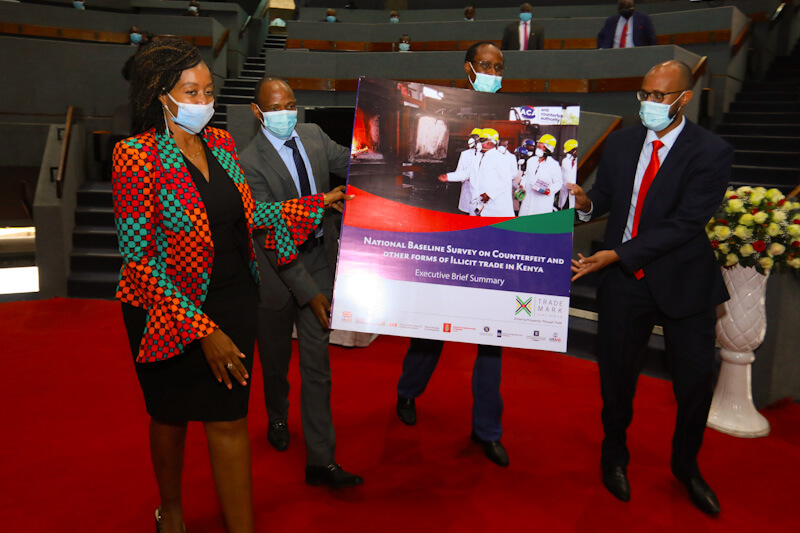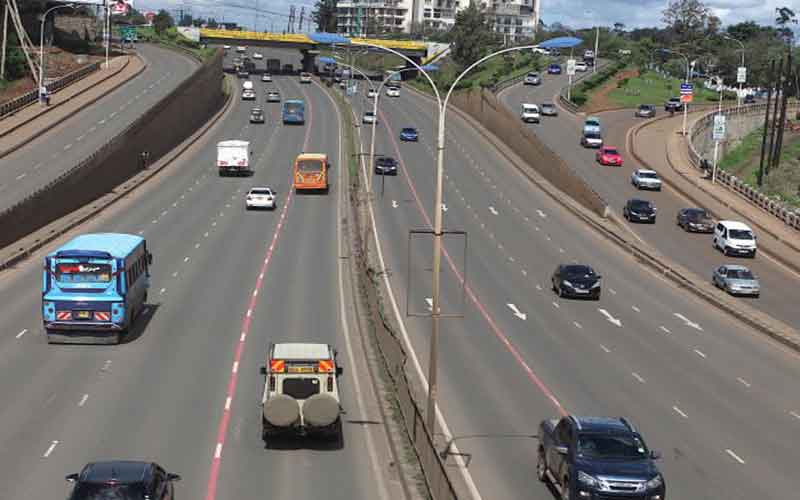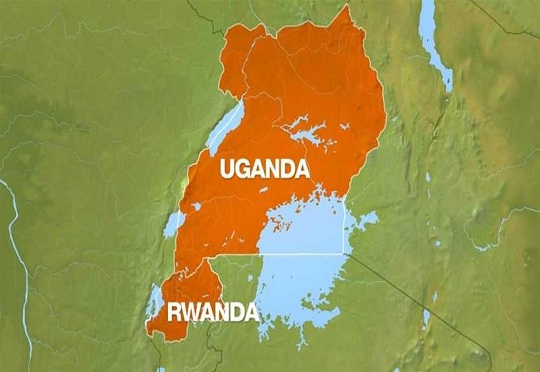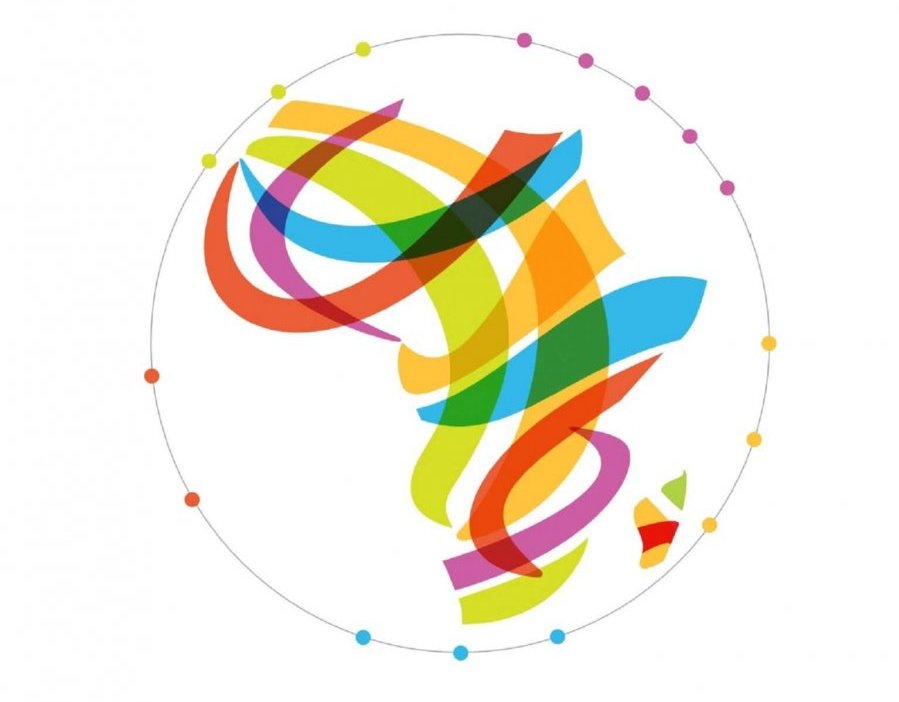The Anti-Counterfeit Authority of Kenya has released findings of the National Baseline Survey on the extent of counterfeit and other forms of illicit trade in the country. According to the study conducted between October 2019 and February 2020, the Government revenue lost in 2018 stood at KES102.99-billion up from KES101.23-billion in 2017. Around $900-million each year. From the 16 sectors of the economy that the study concentrated on, the most affected were building, mining and construction. These three sectors were specifically and heavily affected by counterfeiting with a share of 23.37% in value of total illicit trade, followed by energy, electrical and electronics with a share of 14.67% in 2018. The sectors where most government revenues were lost are the food, beverage and non-alcoholic drinks sector with a share of 23.19%, followed by textile and apparel at 20.09%. 30% of the firms in the sectors were aware that their products were being counterfeited and sold in the black market, whereas 56.4% of the sampled firms were not aware that their products were being counterfeited and sold. Between 2016 and 2018, 7484 jobs were lost in Kenya due to illicit trade with counterfeiting accounting for 32.59% of the jobs lost. The study also cites piracy as a critical form of illicit trade. According to the findings, the loss of sales as a result of pirated products stood at around $2 million (KES2.2 billion) over the period 2016-2018. Although the trend depicts marginal decline between 2017 and 2018, the loss as a...
Kenya Loses Over $900-Million to Illicit Trade According to Report
Posted on: June 17, 2020
Posted on: June 17, 2020
























